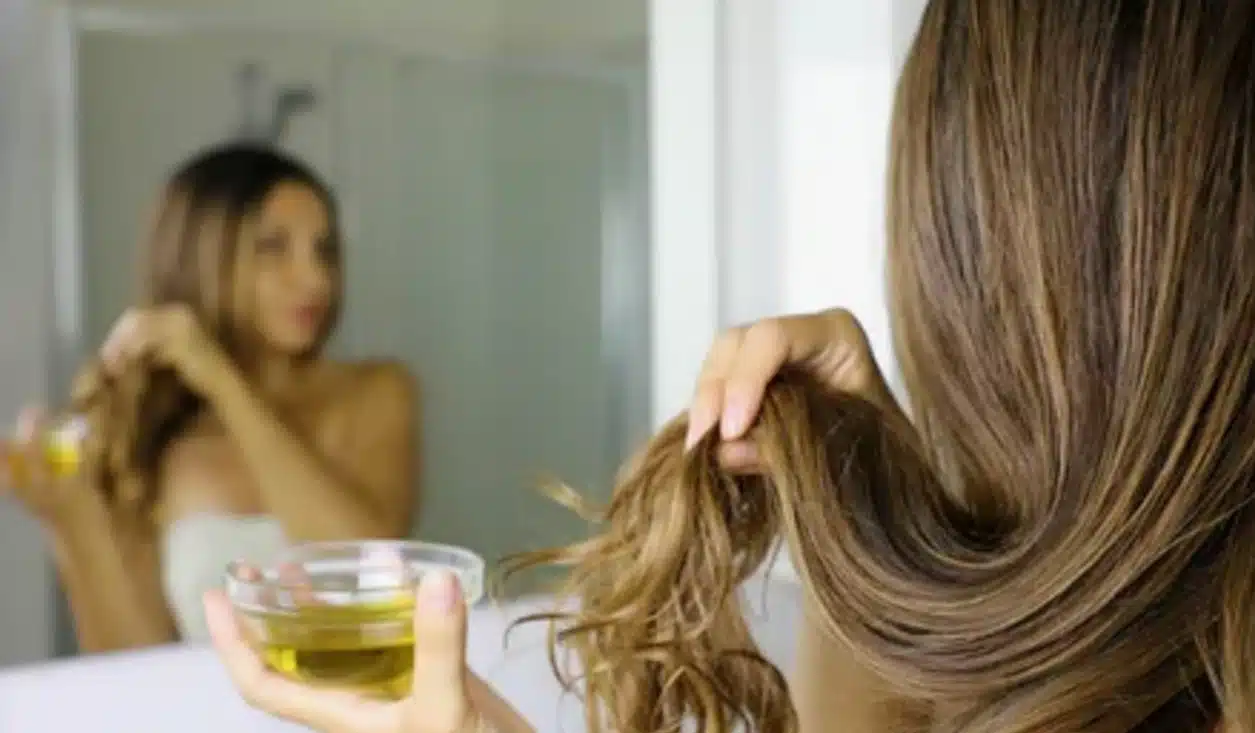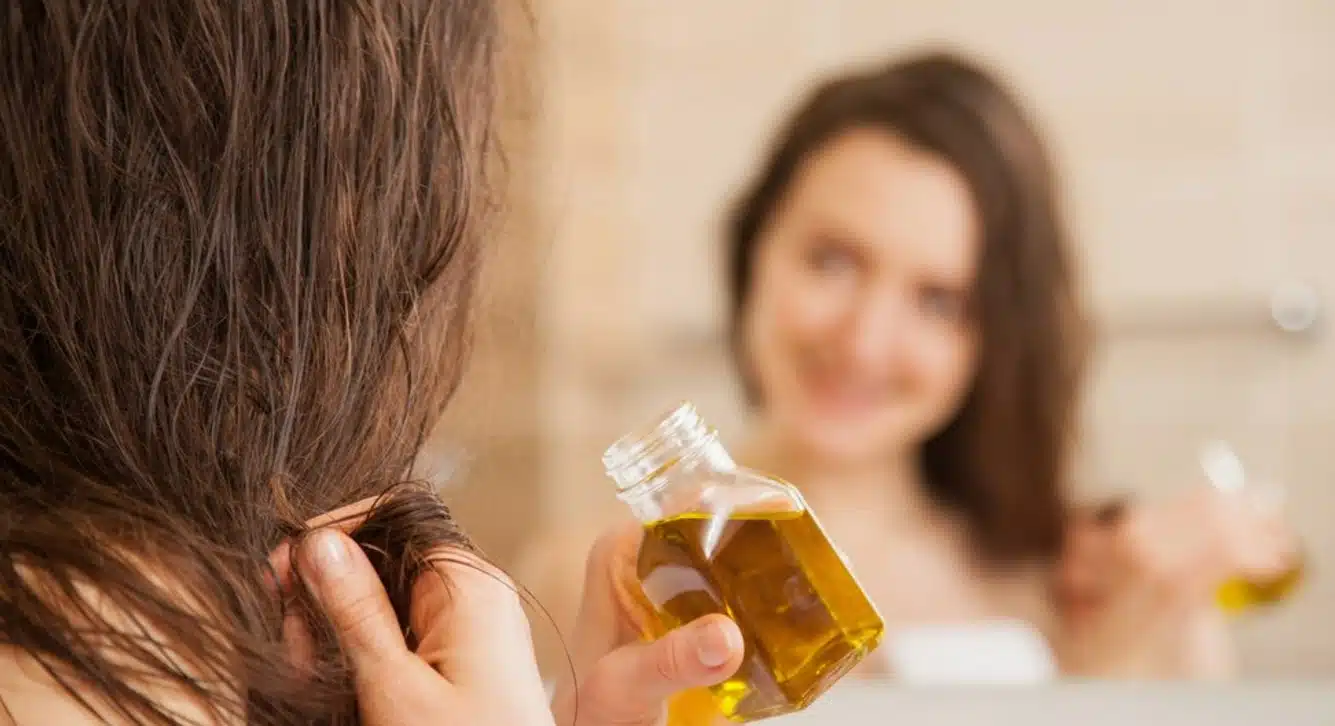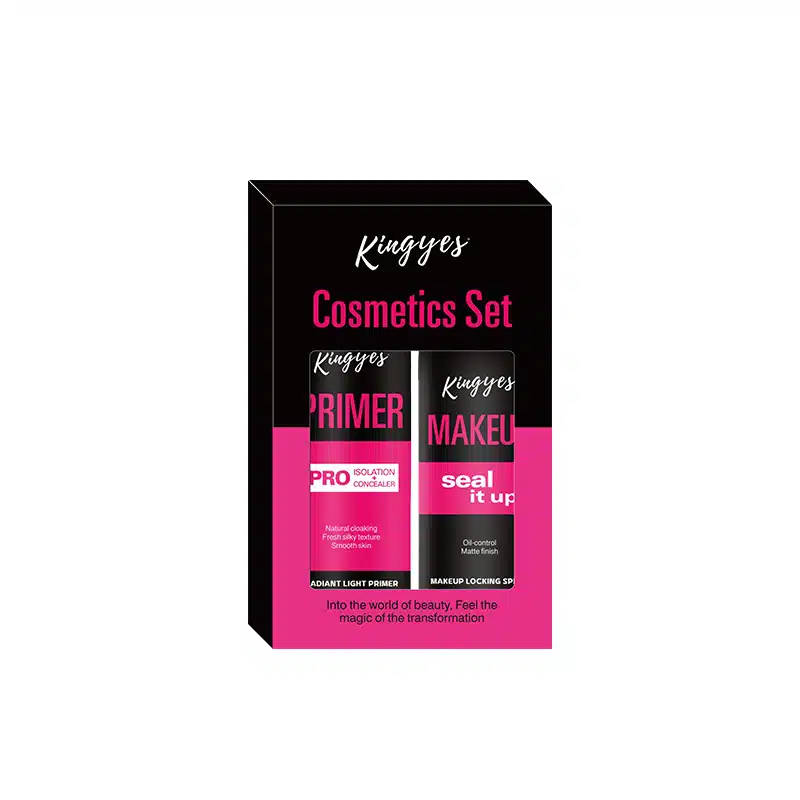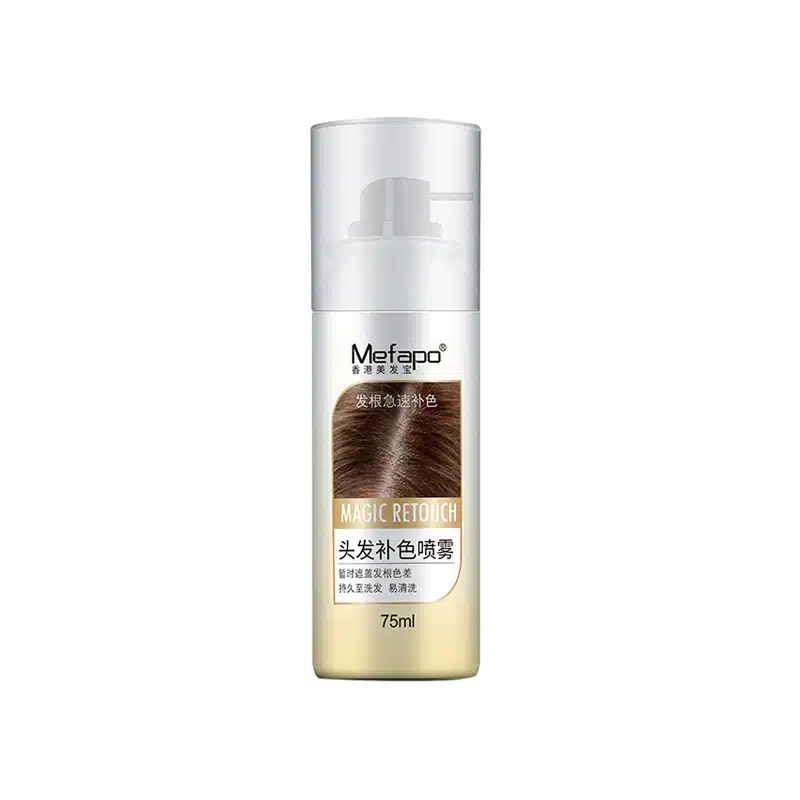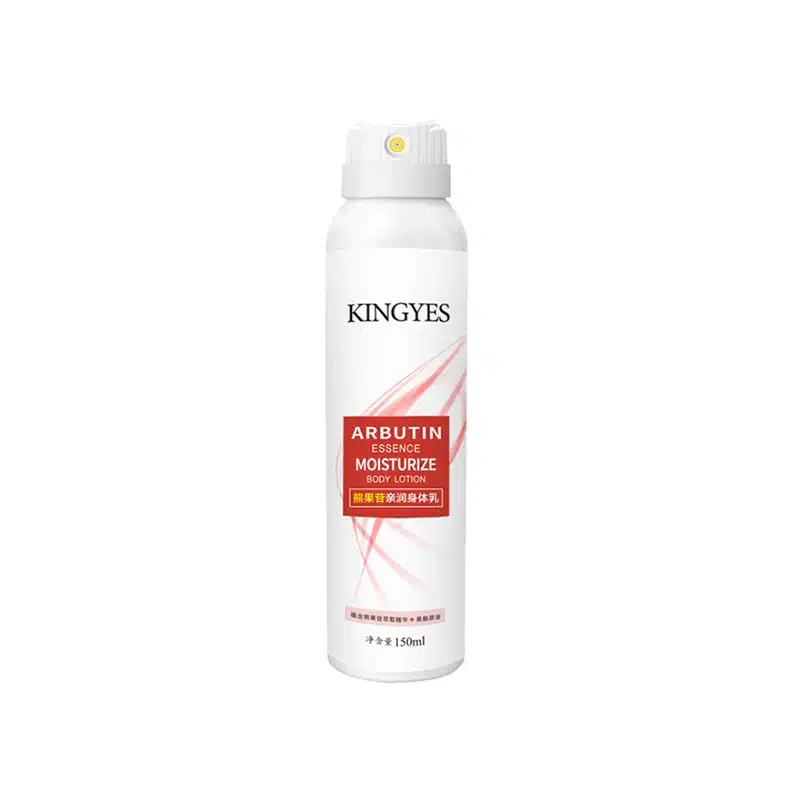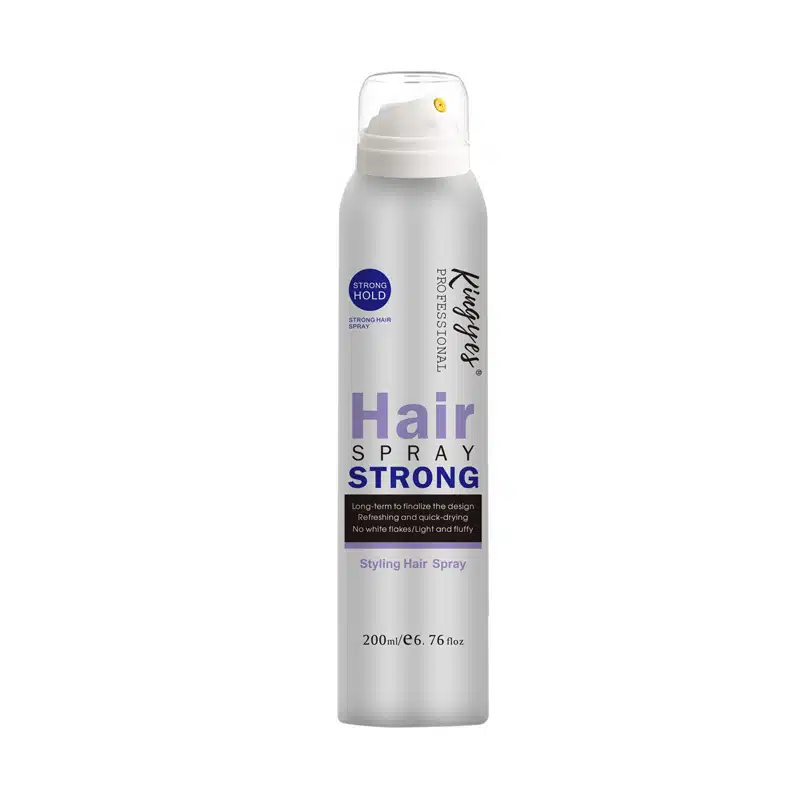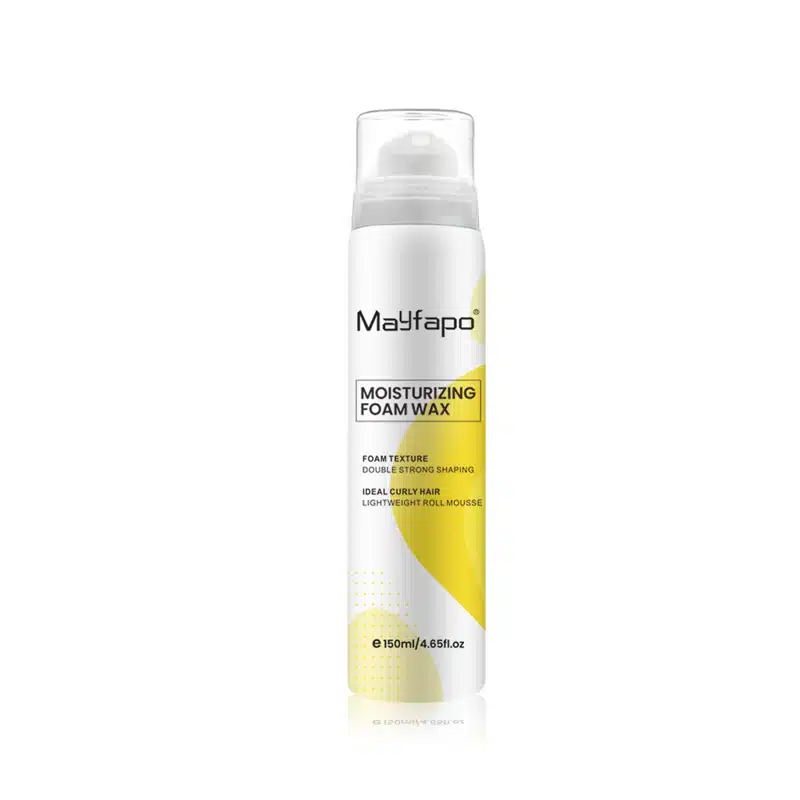
Jakie są wady olejowania włosów?
Spis treści
While oils can odżywiać oraz smooth your hair, overdoing it might lead to unexpected issues. In this article, we’ll explore the potential downsides of oiling your hair and help you make informed decisions for the best hair care.
Introduction to Hair Oiling
Hair oiling is a traditional practice believed to odżywiać the hair and scalp. Oils like argan oil, coconut oiloraz castor oil are commonly used to hydrat and add shine. However, not all rodzaje włosów respond the same way to oiling.
What Happens When You Over-Oil Your Hair?
Greasy Hair Feel
Applying too much oil can make your hair feel greasy and heavy. This dotyk włosów is often unpleasant, especially for those with cienkie włosy.
Clogged Scalp Pores
Excessive oiling may clog the pores on your scalp, leading to issues like dandruff and even hindering hair growth.
Attraction of Dirt and Dust
Oily hair can attract more dirt and dust from the environment, making your hair look dull and dirty.
Can Oiling Cause Scalp Issues?
Attraction of Dirt and Dust
Some oils might irritate the scalp, especially if you have sensitive skin. Ingredients like mineral oil or synthetic additives can exacerbate this.
Reakcje alergiczne
Using oils without knowing their key ingredients can lead to allergic reactions, causing redness or itching.
Fungal Infections
Over-oiling creates a moist environment on the scalp, which might promote fungal growth.
Impact on Different Hair Types
Cienkie włosy
Dla osób z cienkie włosy, heavy oils can weigh down strands, making hair look flat and lifeless. Opting for weightless oils like grapeseed oil may be better.
Gęste włosy
Podczas gdy gęste włosy might handle oils better, overuse can still lead to buildup and greasiness.
Włosy farbowane
Oils can affect the longevity of hair color. Some oils might strip color from color-treated hair, leading to fading.
Does Oil Attract Dirt and Dust?
The Sticky Truth
Oils can make hair sticky, attracting pollutants. This not only affects the appearance but can also impact zdrowie włosów.
Increased Washing Frequency
You might find yourself washing your hair more often to combat the greasy dotyk włosów, which can strip natural oils and suche włosy out.
Is There a Right Way to Apply Hair Oil?
Mniej znaczy więcej
- Use a small amount of hair oil.
- Focus on the ends rather than the scalp.
Choose the Right Oil
- For suche włosy, argan oil lub jojoba oil puszka hydrat without overwhelming.
- Cienkie włosy benefits from lightweight oils like verb ghost weightless hair oil.
Timing Matters
- Apply oil as a pre-wash treatment.
- Avoid leaving oil in hair for extended periods.
Alternatives to Traditional Hair Oils
Nourishing Hair Oil Sprays
These offer a lightweight formula that can smooth hair without heavy residue.
Oil-Infused Hair Products
Products like moroccanoil treatment combine oils with other ingredients for balanced hair treatment.
DIY Oil Blends
Create your own oil blend using lighter oils to suit your potrzeby włosów.
Często zadawane pytania
1. Can oiling hair lead to hair loss?
Excessive oiling can clog scalp pores, potentially hindering hair growth. It’s important to oil hair moderately.
2. How often should I oil my hair?
For most rodzaje włosów, once a week is sufficient. Over-oiling can lead to buildup and greasiness.
3. Which oils are best avoided?
Heavy oils like castor oil might not suit everyone. Also, oils with synthetic additives or silikon can cause buildup.
4. Can I oil my hair if I have a sensitive scalp?
It’s advisable to perform a patch test first. Opt for gentle oils like sweet almond oil.
5. Does oiling help with split ends?
While oils can temporarily smooth split ends, they don’t repair them. Regular trims are necessary.
6. Is it okay to leave oil in hair overnight?
Leaving oil overnight can clog pores. It’s better to keep it on for a few hours before washing.
Wnioski
Podczas gdy hair oiling has its benefits, understanding the disadvantages is crucial. Overusing or misusing oils can lead to greasy hair, scalp issues, and other problems. By applying oils correctly and choosing the right products, you can enjoy healthy, smooth hair without the drawbacks.
Kluczowe wnioski
- Moderation is Key: Avoid over-oiling to prevent greasiness and buildup.
- Know Your Hair Type: Choose oils that suit your specific rodzaj włosów.
- Focus on Application: Apply oils properly, focusing on ends, not the scalp.
- Rozważ alternatywy: Use lightweight or oil-infused products if traditional oils don’t suit you.
- Patch Test New Oils: Prevent allergic reactions by testing first.
Komentarze
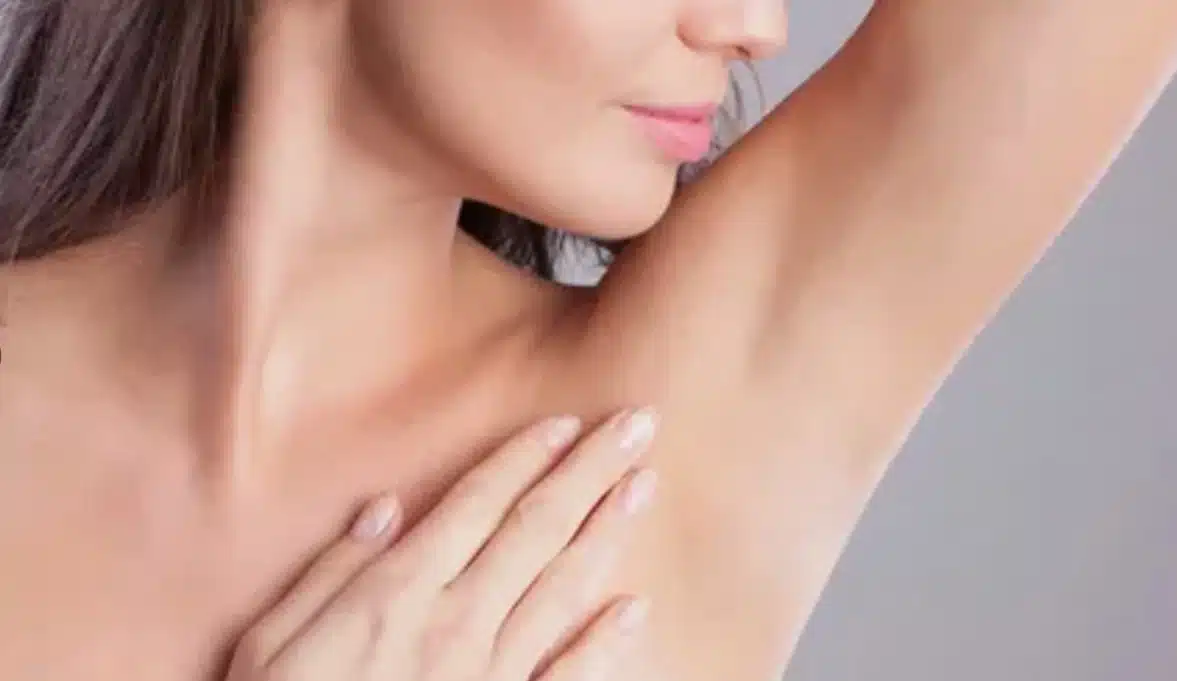
Czy mogę używać sprayu do depilacji Sanfe na częściach intymnych?
Zastanawiasz się, czy używanie sprayu do depilacji Sanfe na intymnych częściach ciała jest bezpieczne?

Do czego służy spray nawilżający?
Czy kiedykolwiek zastanawiałeś się, do czego służy spray nawilżający?
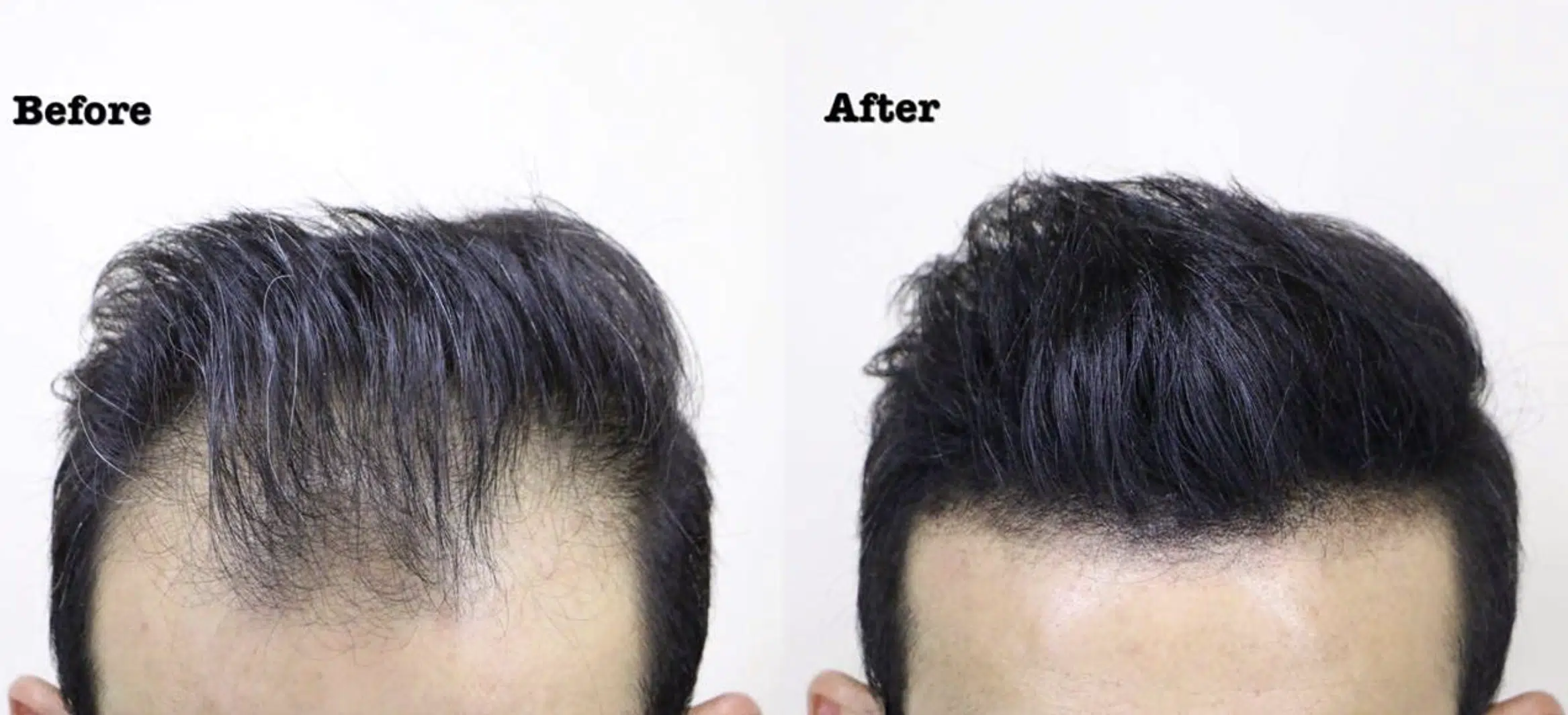
Jaki jest cel stosowania włókien włosów?
Technologia włókien do włosów stała się przełomowym rozwiązaniem dla osób zmagających się z przerzedzającymi się włosami.
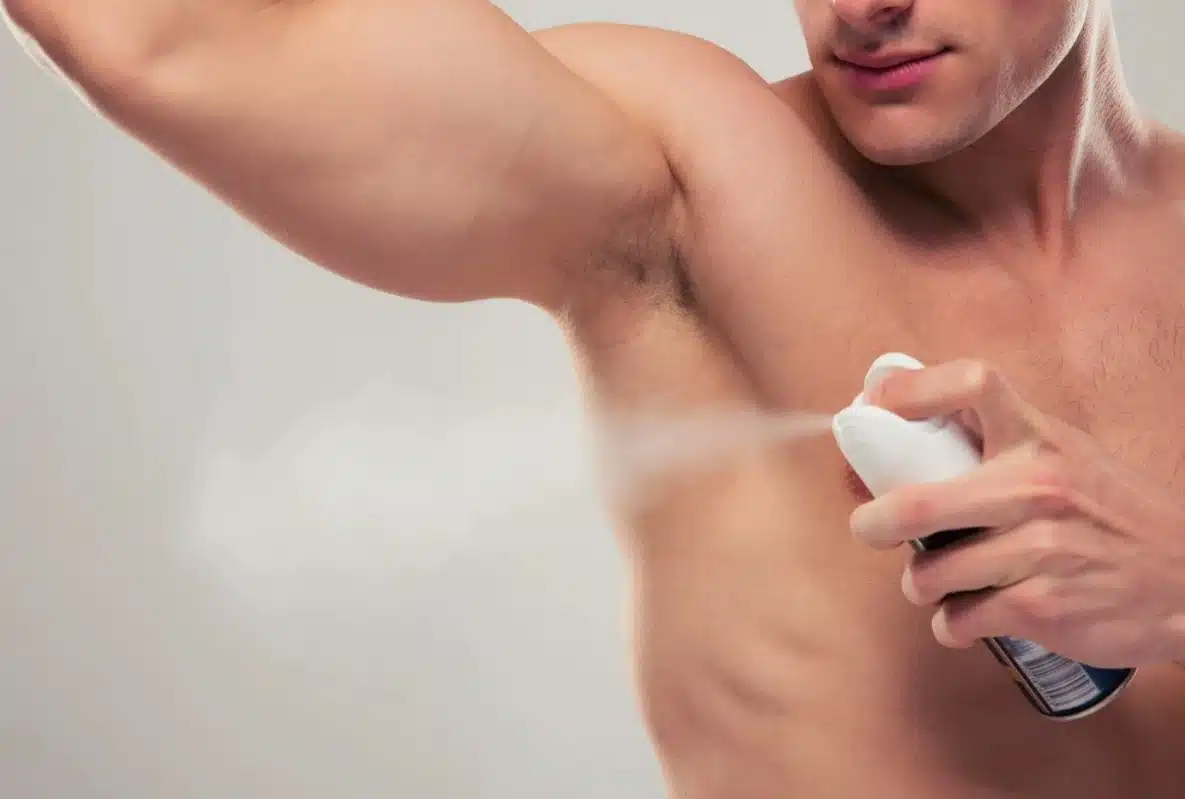
Jaka jest różnica między dezodorantem mokrym i suchym?
Czy kiedykolwiek stałeś w alejce z dezodorantami, zastanawiając się, jaka jest różnica między dezodorantem mokrym a suchym?

Czy spray do depilacji jest lepszy niż golenie?
Jesteś zmęczony ciągłym cyklem golenia i szukasz lepszej alternatywy?
- +86 151 1839 7303
- [email protected]
- Poniedziałek 07:00-23:00
Tagi
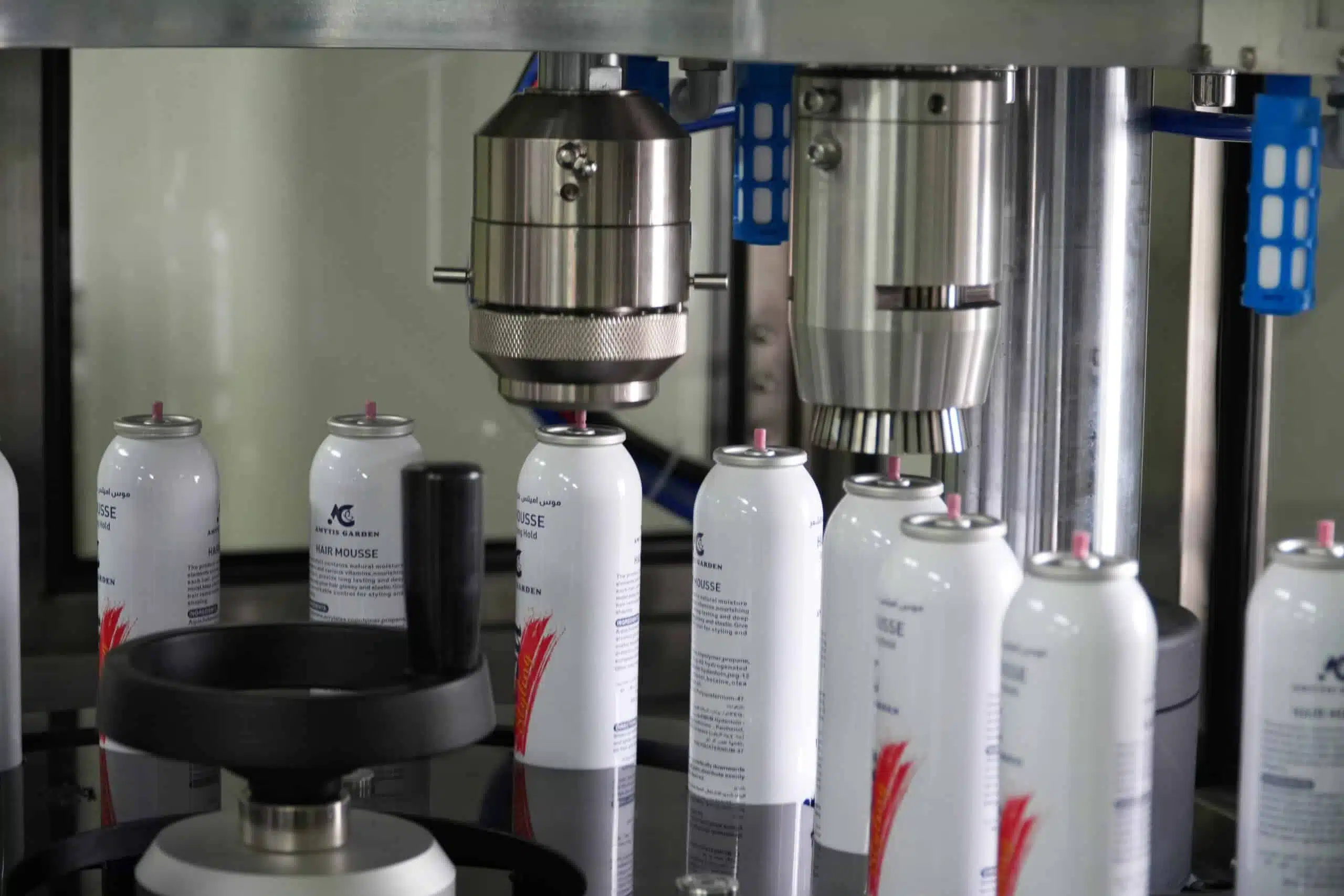
What Is The Process Of Making Cosmetics?
Have you ever looked at your favorite cosmetic product and wondered how it was made?

What Do Cosmetic Manufacturers Do?
Ever wondered how your favorite lipstick, foundation, or moisturizer goes from an idea to the beautifully packaged product on the shelf?
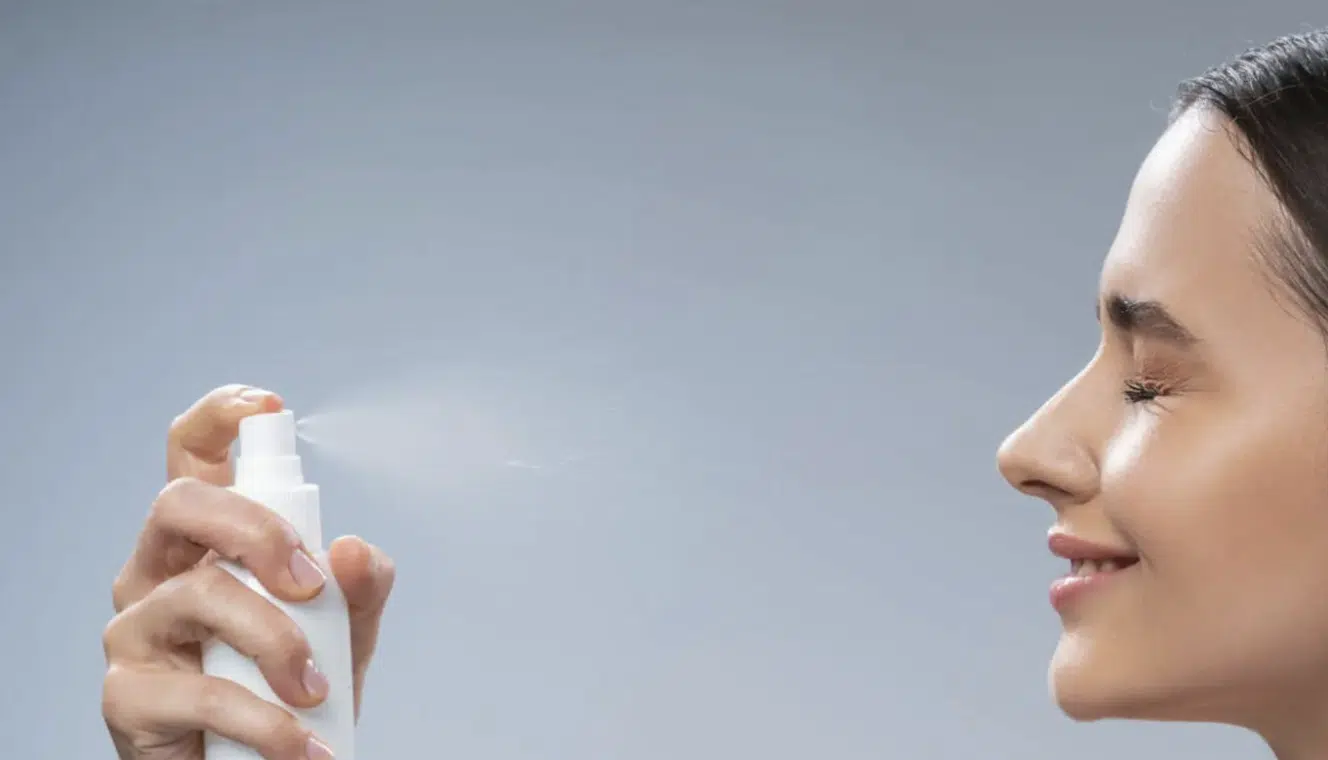
Do You Set Before Or After Setting Spray?
The world of makeup is filled with tips, tricks, and techniques to achieve a flawless, long-lasting makeup look.

